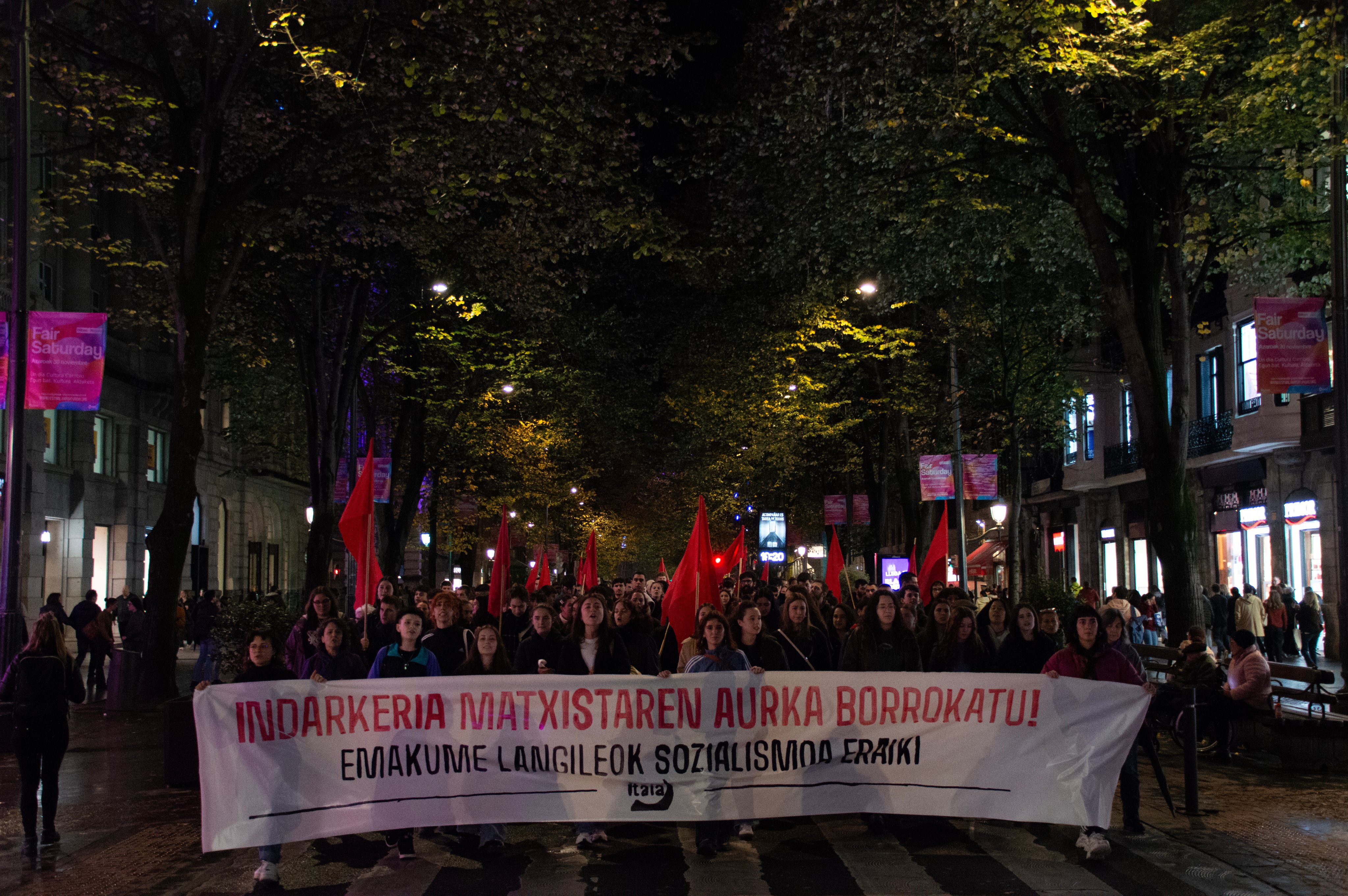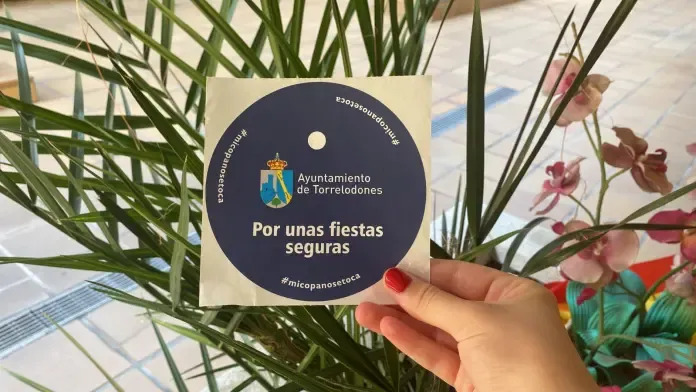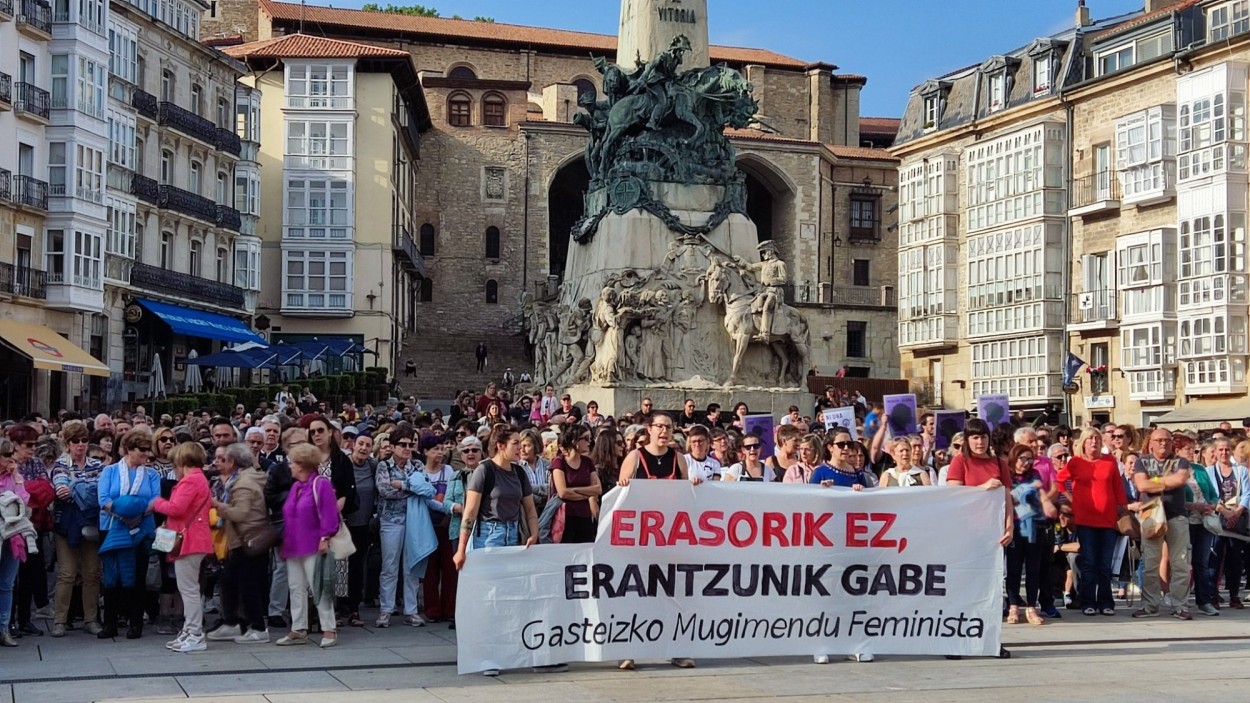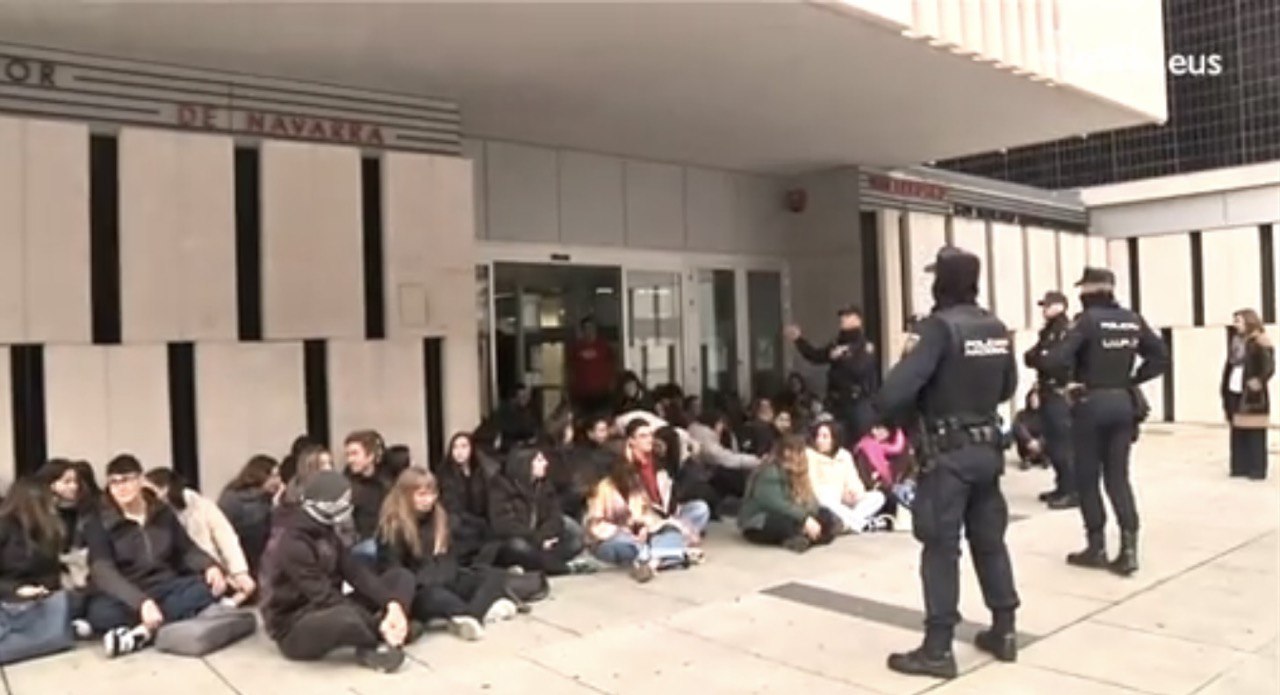Jare wants to spread the story of her sexual assault
- The City Council of Bilbao and several media outlets reported a rape perpetrated by a young woman during the early hours, without the consent of the victim and in a sensationalist manner. Women had sought in social networks other types of alliances to deal with the revictimization of women. We have bridged her testimony with analysis of three feminists expert in violence sexual.Este report is a Basque version of what was published in Pikara Magazine.
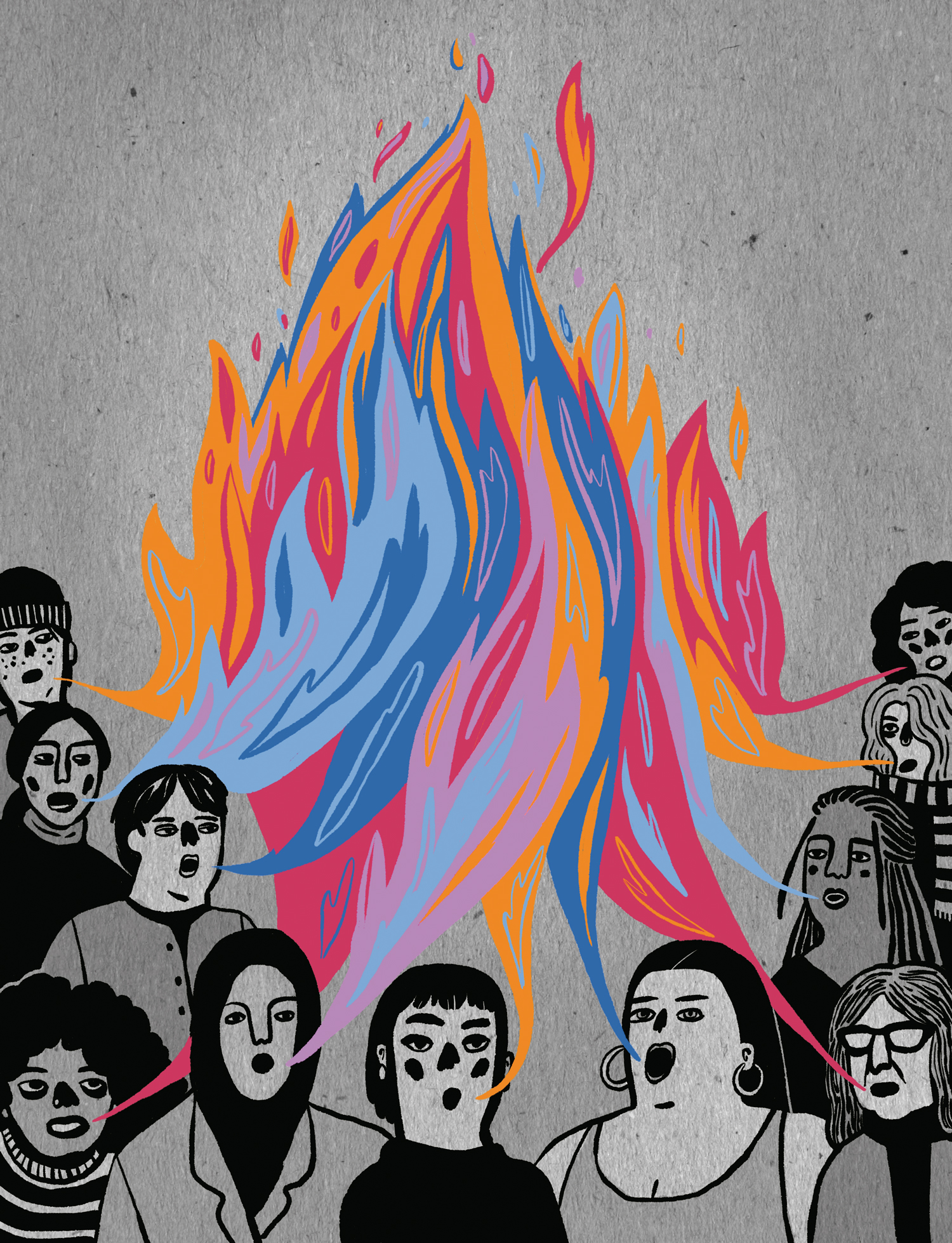
Suppose it's called Jare, and he's a college student about 20 years old. In the early morning of 8 September he met his friends in a nightclub in central Bilbao. He met a kid his age, they linked, they shared phone numbers, they went outside, they kissed... and the desired relationship became an
aggression sexual.El kid imposed several sexual practices, including condom penetration. Jare expressed his discomfort and rejection and finally reacted like many victims: blockade and dissociation. After the rape was over, Jare called his friends, one of whom confronted the young man while the other led the victim to a safe space. Then he was taken to the hospital and then to the police station. It is hard to remember these hours: “Everything happened very quickly, it was in automatic mode,” he says. The detainee was arrested in the early morning of the same day, and spent his first night in the cell of castigo.El on
12 September, Jare learned that all political groups in the Bilbao City Hall had issued a joint statement condemning the aggression. It was then that El Correo, El Mundo and Deia realized the arrest of the alleged aggressor. “I was in a state of shock: they told something intimate and gave a lot of information about the complaint lodged in the police. They carried words that sought the morb, such as ‘savage aggression’. I didn't know how to manage it."
Very angry, he decided to go to Emakunde to ask him if he could intervene in this unconcerned media treatment. “They told me they would call me and I keep waiting for the call.” Then she said to him, “As you can’t help but appear in the media, take the attention to make your voice heard.” And so Jare Pikara came to Magazine.El an anonymous mass communicator sent a
message to Pikara Magazine’s Instagram account, as well as a request to share the video of feminist psychologist and sexologist Ziortza Karranza in which she reported her aggression. He has sought in social networks the way to anesthetize impotence and pain. The aim is to strengthen social awareness in the face of sexual assaults and that, as far as possible, the aggressor sees that Jare is not sola.La Madrid journalist and writer
Cristina Fallaras publishes a dozen anonymous testimonies of male violence on her Instagram account every day, with some 75,000 followers. “#When the #MeToo dynamic broke out, and the following year #Tell it, women took the networks, from testimony and intimacy, because we understood that they were mass communication mechanisms. We showed that the media and institutions did not share our stories. So, we have occupied social networks, knowing that they are not our space, to create a collective memory that has stolen us,” he stressed.
“I don’t want you to publish this.” “I can’t give a lot of data because I’m in a judicial process.” Jare is an open, expressive and also prudent young woman. It has been clear from the outset that it wants to retain its identity and that it cannot publicly point out to the aggressor. Although the media and the City Hall have not provided their personal data, the aggression has been turned into news without authorization. Psychologist Norma Vázquez, director of the consultant Sortzen, frequently teaches institutions, the media and the feminist movement how to intervene in cases of male violence. It states that it is bad practice to publish news and communications without consulting the victim: “The public response has to help in the process of constituting the victim, and it will not be so if we violate his will.” You will agree that when a media outlet informs a victim
without his consent, “he is pointing at that woman in a space that is not safe and responsible.” This hegemonic journalism culture contrasts with the collective space you created on your Instagram: “Women tell me that it is extraordinarily curative for them to tell their stories and above all to read those of others.” The journalist learned with #MeToo and #Tell her that denouncing publicly with names and surnames the assaults suffered by the women was a “taimada”, as it provoked
new assaults and victimization. Thus, since she defends the identity of women on her Instagram, testimonies of childhood sexual abuse have multiplied, especially for her victims of the need for anonymity.
Jare has suffered too much machismo in court to ask for precautionary measures – he told us details off the record – to deal with a media trial as well.
Guilt, repugnance… and fraternity Jare appears
dressed in a printed and colorful shirt to the interview, with big hoop earrings and a broad smile that hides her nervousness. “I am moving forward as I can. I go to college because my mother has promised me to keep the routine, if not, I wouldn't leave the bed. I'm in class, but not like I'm in class. Sometimes I have to go out, because images come to me and I feel nauseous. I don't want people to realize how bad I am, not even my mother. I had a shower and I started crying. I have that defect since I was young: I don’t like people seeing my vulnerability.” The aggression has affected the physical and emotional health of the victim,
who has suffered damage. He has slimmed down and has anxiety attacks, the worst of the nights: even though he takes sleeping pills, the simple lying on the bed becomes unbearable because he revives the attack. Write on a mobile note at 4:00 in the evening: “I can’t do more, I’ve been like this for 15 days. I feel like I'm not worth anything. I don't see myself in the mirror. I feel a great loneliness. I want to die, I want this to end. When will it end? I can’t do more.”
It's been twelve years since the report I wanted sex, but not so (I wanted sex, but not so) was published in Pikara Magazine. The protagonist, Blanca, took ten years to identify herself as her “first time” at the age of 18 as a sexual assault. In the report we explain that in most crimes against sexual freedom the aggressors are known by the victims and that the starting point is a relationship often desired by the mujer.En the report,
Vázquez affirmed, from his own investigation, that many women did not identify sexual assaults as such because, as they gave in by pressure, blackmail or by avoiding physical violence, they thought they had
And to reduce stigma and guilt?The
psychologist responds through the WhatsApp audios to the conclusion of a congress on sexual violence in Pamplona: “We have stressed that the responses of young women to sexual violence have changed. Even when they have not fully internalized the feminist discourse, they understand that they are not guilty of the aggressions and that they do not have to assume them.” Only Jare's eyes have
been wet in the conversation once, when I asked him if he felt guilt. “Yes.” It was held up and continued to speak. “I feel bad, because I haven’t been wise with that kid when I left the nightclub.” Yes, he is aware that the fact of having lived through the aggression is not fair and that is why he has endeavoured to denounce it publicly. Vázquez sees precisely in this “sense of justice” the “antidote of reduction of guilt”, and has claimed that it is the result of feminist mobilizations and advances legislativos.Sin but, in Jare’s speech,
another emotion has been imposed: repugnance. The aggressor, but also his body. “It is the word that is most repeated in the testimonies of sexual assaults, rather than shame and guilt, because it is a raw reaction of the body that does not ask for elaboration. Many women insist on the need to shower,” said Fallará s.Sin, however, Jare’s case shows a new generational advance, as Sortzen’s
director stressed: many victims go to report or ask for psychological help with the support of their friends. Karranza agrees: “Today, the view of sexual violence is much more collective, no longer lived in isolation, especially in the case
of aggressions
in the public space.” What about men? Has social discourse on consensus influenced young people? Karranza describes a polarised trend: “Many are aware: they behave cautiously, they want to secure consensus, because they don’t want to feel aggressors. But others have understood nothing and we have to focus on them. It is unfortunate that city councils are in the black spots of the city, rather than doing preventive education with the children. They should do Role-playing courses, as we do in feminist self-defense.” The sexologist has produced a “definitive guide to preventing sexual assault” in his cabinet Gurrete, addressed to the hombres.En the testimonies of women who have denounced
sexual violence are often expressed this concern: Did you realize that the men were raping? Karranza sees this trend especially in attacks on the partner: “The woman questions whether she explained her limits sufficiently clearly, even when there is physical or verbal evidence that she was a no.” Fallaras
calls for abandoning paternalistic attitudes: “Men and boys know as much as we do. They see institutional campaigns everywhere. Of course, they know they have raped her; as an excuse they say they did not realize the girl’s lack of desire.” According to
Norma Vázquez, the young aggressors “have used the victimizing discourse” (that women are bad, liars, exaggerated..) as a way to deal with guilt, because although they refuse to recognize themselves as aggressors, “they know that the will of the woman was forced and that this is wrong”. In any case, the three experts agree on a discomfort: the
prejudice that young men are more macho and aggressive, and this mature discourse does not recognize the responsibility of previous generations. “If the boys are lost, it’s not the fault of women or feminism, but that older men have not offered them a grip, as we have done with the girls,” said Fallaras.
“I ask my friends to be careful when they come out of play,” says Jare. I answered him that it is not fair to limit women’s freedom from aggression and to reinforce fear, and I asked him next what we should do with the boys: “Prepare from childhood. In school we are given talks about sexuality, but there is no talk of ‘the other’,” has respondido.En this ‘Other’, in the prevention of sexual assaults, it should be noted that the aggressors do not frequently resort to physical violence to force the will and body of the woman, but to many other strategies
that Vázquez enumerates: “Harassment, insistence, blackmail or alcohol.”
In this sense, Fallarán has lamented the institutional and media discourse on chemical dependence: “I was fascinated by the spread of the imaginary of the girl who put drugs in her drink, because it generates good and bad victims,” says the writer. In fact, the most common thing is what happened to our protagonist: the woman was drunk or drugged on her own, and the aggressor took advantage of that situation.
The journalist has also pointed out that nightlife is not the only area of sexual violence, although it is the one that is most visible today. On the journalist's Instagram, the testimonies that adult women tell are mostly at home and at work. The problem is that it's harder to chase a husband, a family member or a coworker than a stranger found at night.
In any case, let us finish by emphasising one more step. We have already said that young women have more support than their friends to initiate a complaint process and, at the same time, the aggressors are losing the support of their relatives, as Vázquez stressed: “Cracks begin to appear in masculinity. The aggressors know that they will have many girls in front of them and that they will receive the disapproval of some boys.”
Zur eta lur hartu dituzte Nafarroako Berdintasun teknikariek festa girorako enpresa zenbaitek egindako proposamenak. Edalontzia estaltzeko tapak edo eta edarian drogarik dagoen ikusteko eskumuturrekoak.
In Bilbao, I worked for five years with groups at risk of exclusion around the digital divide, especially with women. Along the way, I came across machistan violence and many other problems. In a very organic way, I began to relate to myself and to understand the work of the... [+]
On November 25, International Day against Male Violence, the Steilas Feminist Union Feminist Secretariat has published a poster: Our body is a battlefield, and all the schools in Hego Euskal Herria have received it. We wish to denounce the violence suffered by women and children... [+]











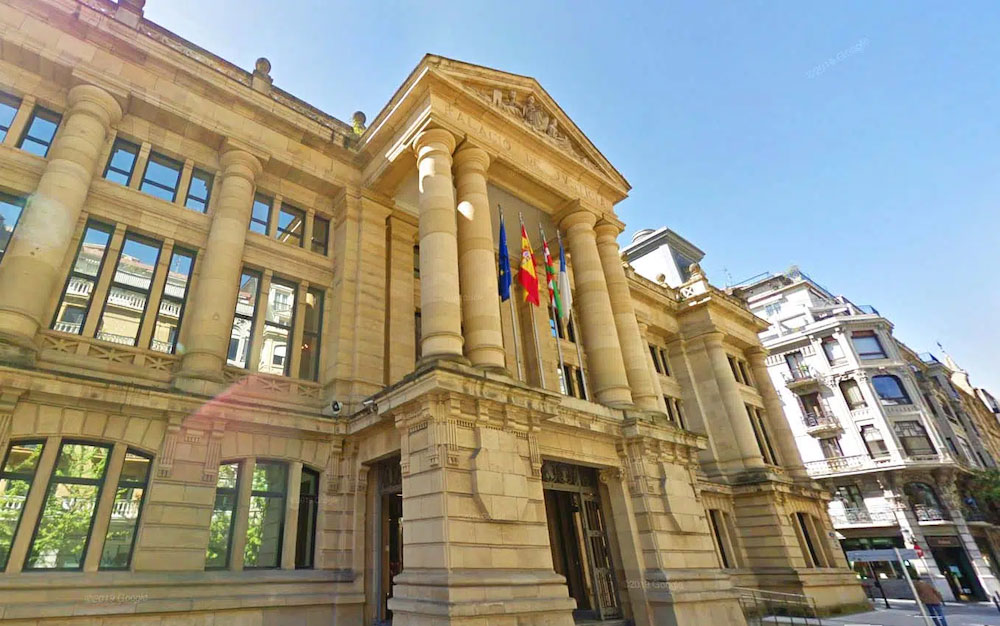
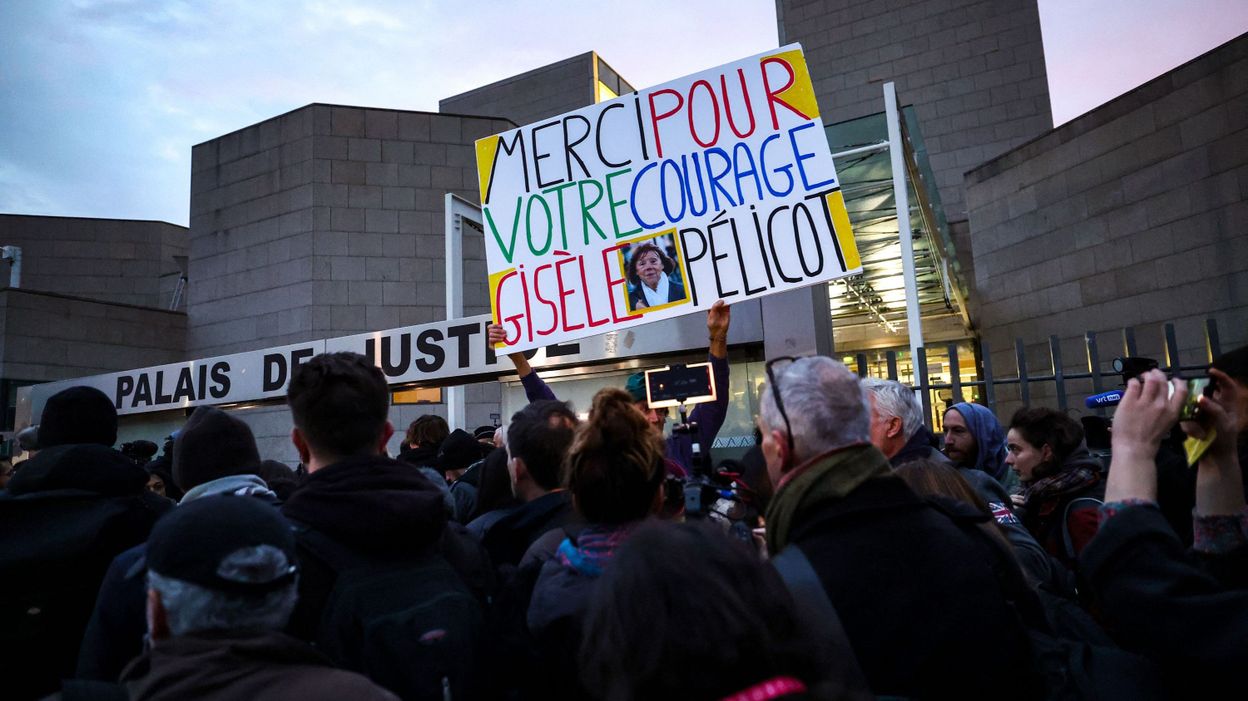

.jpg)

.jpg)

